The views expressed in our content reflect individual perspectives and do not represent the authoritative views of the Baha'i Faith.
Confine thy thoughts to whatever will lift up the human soul to the Paradise of heavenly grace, and make every bird of the Kingdom wing its way unto the Supreme Horizon, the central point of everlasting honour in this contingent world. – Abdu’l-Baha, Selections from the Writings of Abdu’l-Baha, p. 178.
Our last stop before lunch is a gathering inside the Barli Development Institute’s (www.barli.org) large central classroom, an enormous studio where sixty-five girls sit cross-legged on beautiful hand-woven carpets with books open in their laps. They are studying for finals, Tahera tells us, a sewing certification and a health and welfare exam.
I notice a large table set up in front of the room with microphones and a podium, and, suddenly, before I’ve put two and two together, Tahera is up there introducing us in Hindi to the student body, inviting Sima and Karin and I to speak a little bit about our lives to the group, about what brought us here, and afterwards to do a Q&A.
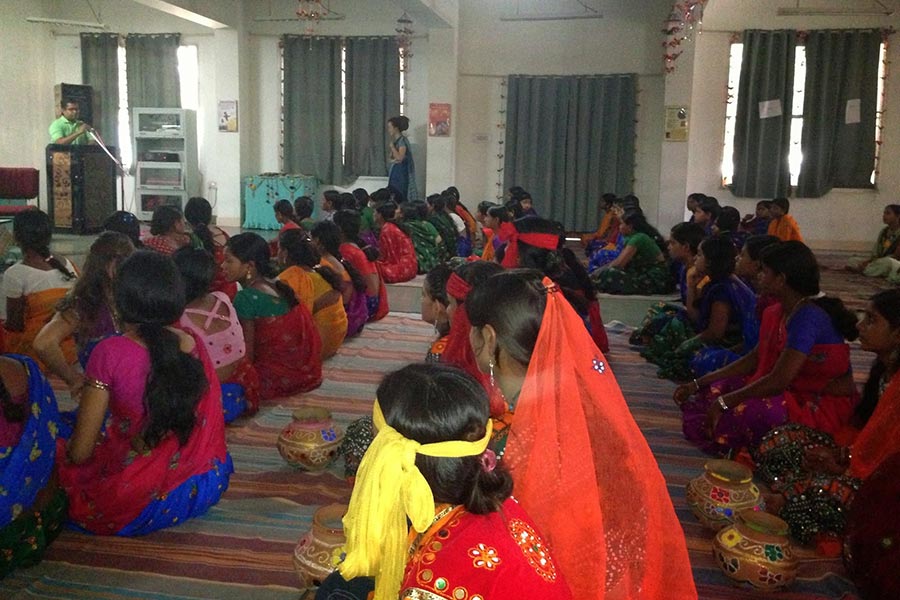
“Go ahead,” she says, smiling at the three of us. “I will translate.”
Gratefully, Karin is the brave one, who begins by giving a brief lecture for the girls on skin care and health and I am shocked when she asks the students if they lighten their facial skin with homemade chemical mixtures and easily two-thirds raise their hands—a bleak reminder of the prevalence of gender and caste prejudices about skin color and how they can affect an Indian woman’s prospects throughout her life. Karin promises to leave a number of products with Tahera that can help with some of the pigmentation problems, burns and scarring that can occur in some of the most severe cases.
Next, Sima speaks about being one of the only female engineers in her large graduating class in Tehran. She shares stories of the human rights violations that forced her to immigrate to the United States—and have prevented her from returning to her country for over thirty years.
“I did get to fly over though,” she says. “In the middle of the night, I saw the stars over the mountains of Iran. I got to see it from the airplane in the dark, when I came to visit you.”
Then it is my turn. My heart is racing and I start to sweat as I step up to the microphone.
“I am a mother,” I tell them, pointing out Walter at the back of the room, “and also an author and a part-time creative writing teacher. Most of the time, my job consists of sitting in front of a computer screen in my pajamas, making up stories, trying to write books, but, when a terrible earthquake happened in a country called Haiti, I went there to teach writing to a group of girls, just about your age, and meeting them, working with them, it changed me—it changed the universe of who I was.”
I search for more to say to the waiting crowd of beautiful faces in front of me, and my wordlessness in this moment feels like a shameful failure.
What do you dream about I want to ask? How did you become so brave? What is your first thought in the morning when you wake up and your last before you go to sleep at night? What will happen to us? Will women ever walk equally anywhere on this earth?
I remember the barren feeling I had on one of my first trips to Haiti before the earthquake. I remember sitting in a circle of primary school children in one of the most remote rural schools in the Artibonite Valley, unable to imagine what I could possibly say or offer to that group of open hearts. What is something you wish for? was the best I could come up with. I remember how one tiny girl, the youngest of the group, in an impossibly immaculate white dress and white ribbons came over to me, sat down in my lap and took my hand.
“I am in a family of eleven brothers and sisters,” she said proudly. “It is my job to grow sweet potatoes, but I wish to be a singer.”
I remember then, how everybody in the circle, the teacher and all the students started speaking, excitedly, all at once and bedlam broke out around me.
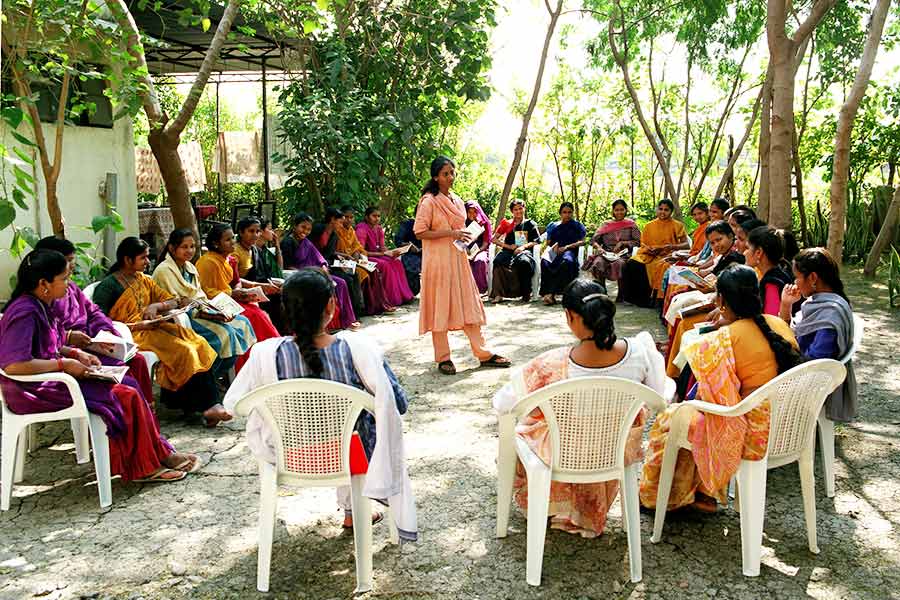
“What is it, what’s going on?” I asked the Creole translator. “They are just surprised,” he said, breaking into a huge smile. “This girl has never spoken at the school before today,” he explained. “Everybody here thought this girl was mute or deaf.”
I look out at the audience, a sea of receptive faces, but still, my lips do not move. Until somewhere in the uneasy silence, I notice the open windows choked with flowering vines and all of a sudden, I hear it: the singing. I hear the birds.
“Each one of you is like a bird,” I hear myself saying. “Each one of you has a song that belongs only to you and writing can be a way that you sing. And the world wants to hear your voice. It really does. I promise.” Smiles break out on a few faces, and I feel weak with relief.
“I came to remind you that the world needs your stories,” I say, my voice getting louder. “It needs your words. Each day you can create a time to write in your Barli notebook, something, anything, for as long as you live. Your thoughts, the things you see, your truths. Each time you write, your soul has a voice. You leave a fingerprint in the world that is all your own. Stories are the way we learn about each other,” I say. “And especially about you. The world needs to learn about you, to learn for itself what you already know.”
“Tell me in one sentence,” I ask. “What this experience at the Barli School has meant to you.” The girls bend over their notebooks, and as I hear the scratching of the pencils, I feel the nearest thing to bliss.
Evening comes and it is time for us to leave Barli. As we pass the common room, we see the entire student body has gathered once again, this time to meditate and chant their evening prayers. For a long time, we stand outside in the dark, and listen, our suitcases at our feet. In my hands, are the words the girls wrote, translated for me by Tahera, and the gifts presented to Karin and Sima and I after we spoke in the afternoon. They are tribal mobiles made by hand from multi-colored textile remnants. Frayed, ragged strips of cloth, leftover from the sewing classes that have been knotted and bound tightly with silver thread, then strung intricately together—in the shape of birds.
[This essay originally appeared, in a different form, in the literary journal e*lix*ir (www.elixir-journal.org) Used with permission.]


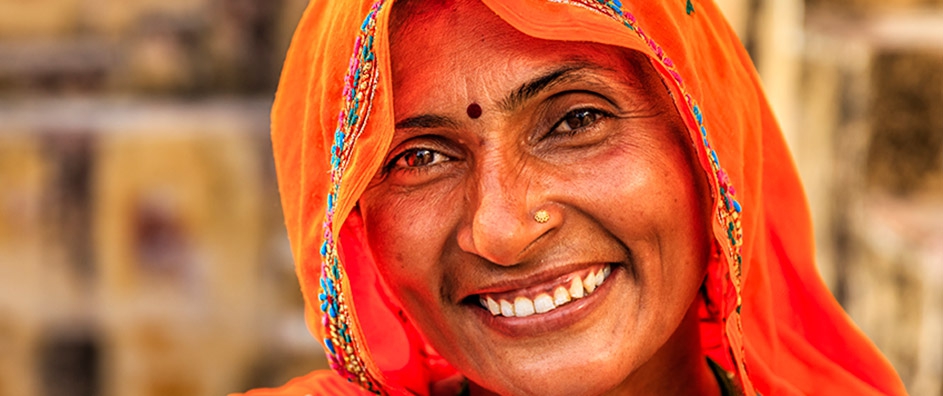
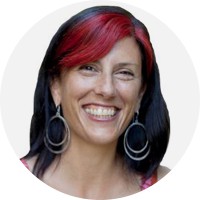
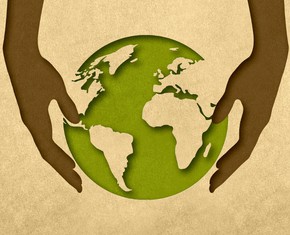


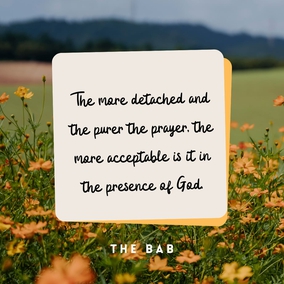
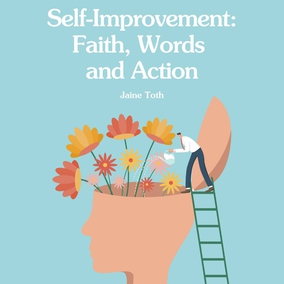
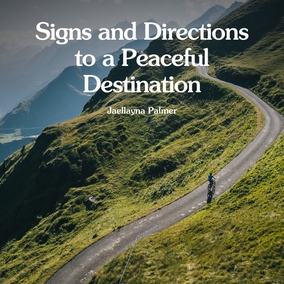
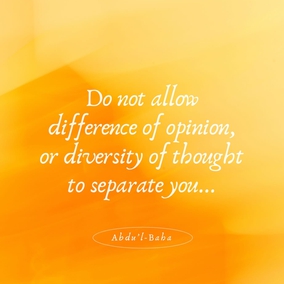
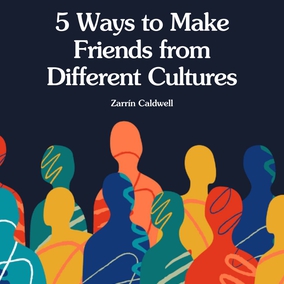
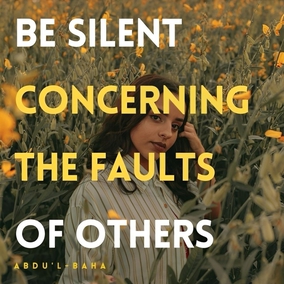



Comments
Sign in or create an account
Continue with Googleor